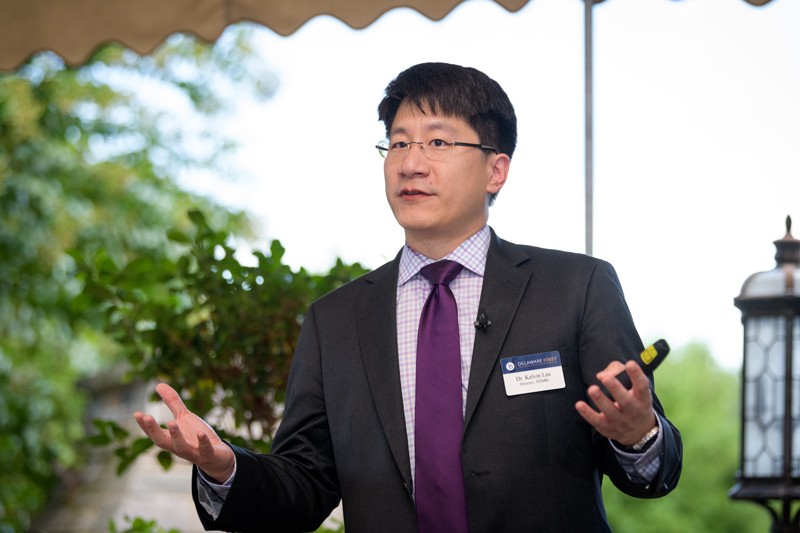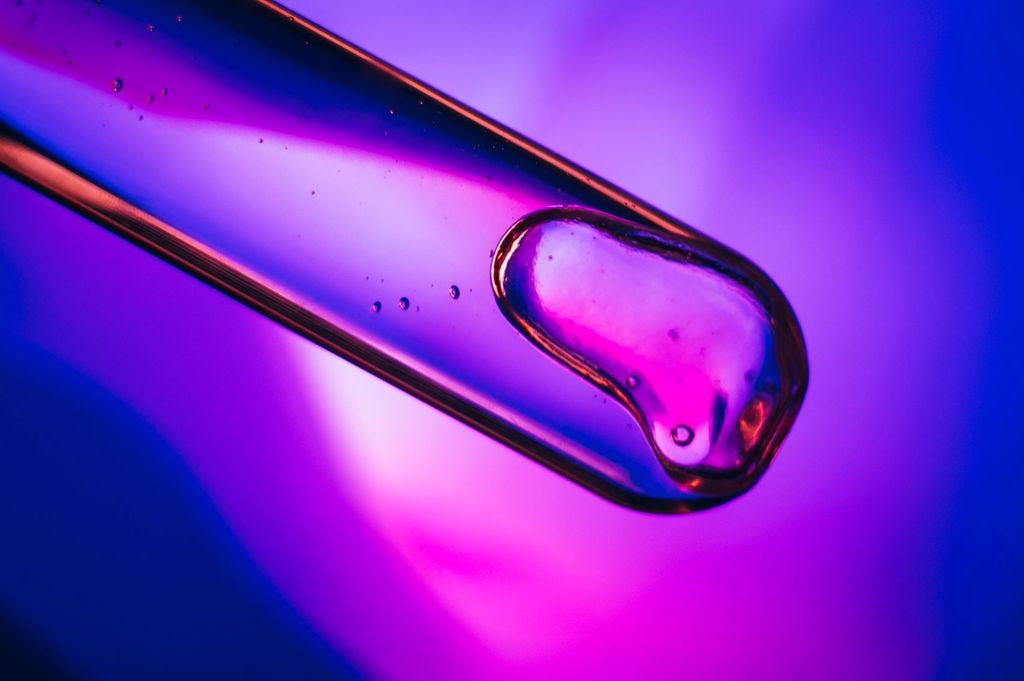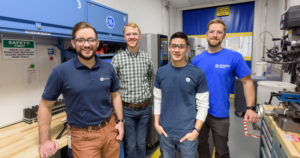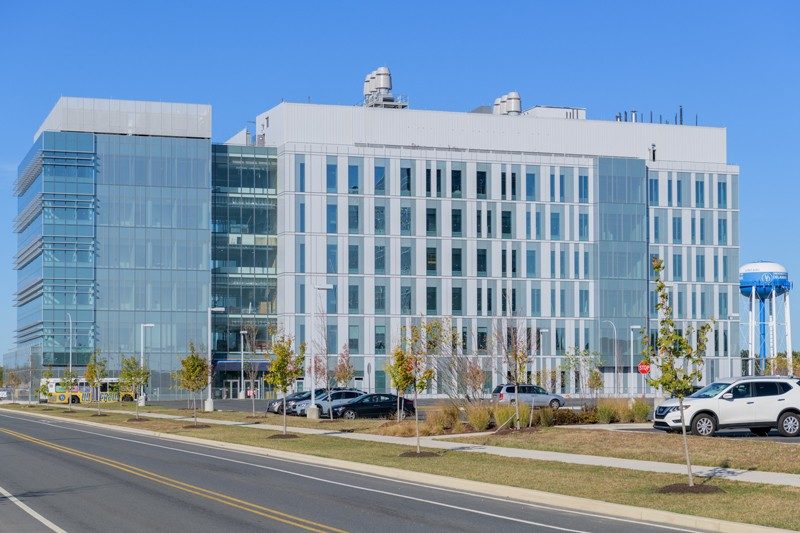UD-based national institute will address testing, diagnostics, supply chain and vaccine manufacturing
The nation’s battle against the coronavirus (COVID-19) pandemic gained new muscle this week with an $8.9 million grant from the U.S. Department of Commerce to the National Institute for Innovation in Manufacturing Biopharmaceuticals (NIIMBL).
NIIMBL, a public-private partnership headquartered at the University of Delaware and part of the Manufacturing USA network, will use the money to expand testing and diagnostic capability, address problems in the supply chain and help develop approaches to accelerate manufacturing once a vaccine has been developed and approved for use.
“Never in our lifetime have we experienced a global crisis of this magnitude,” said Kelvin Lee, director of NIIMBL and Gore Professor of Chemical and Biomolecular Engineering at UD. “It presents a massive challenge but also an opportunity — one that I deeply believe we are positioned to help meet.”
U.S. Sen. Chris Coons of Delaware, who has called for expanding the nation’s vaccine manufacturing capacity, applauded the new grant in a statement released by his office:
“The scary truth is that the United States is currently not ready to mass produce a vaccine for COVID-19, even once we’ve developed one — and that’s a problem we need to fix right away,” he said. “I’m thrilled that Delaware scientists and engineers at NIIMBL will be leading that effort.”

Kelvin Lee, director of the University of Delaware-based National Institute for Innovation in Manufacturing Biopharmaceuticals (NIIMBL), will manage research related to COVID-19 response with help from a new $8.9 million grant from the U.S. Department of Commerce. Lee is also UD’s Gore Professor of Chemical and Biomolecular Engineering.
The work will draw on NIIMBL’s partnerships with more than 150 members, including those in industry, small business, federal and university-based labs.
“We have the ingenuity, grit and expertise to find new ways to produce what we need to regain America’s health, build the critical manufacturing supply chain and strengthen our ability to respond swiftly and effectively to future challenges,” Lee said.
Specifically, the new grant will support efforts to:
- Provide virus proteins to improve blood testing capabilities
- Assist regional hospital systems with validation of rapid in-house testing
- Identify domestic supply chains to reduce dependence on foreign suppliers of respirators and protective masks
- Validate decontamination approaches for clinical spaces
- Develop automated contact tracing technology within pharmaceutical manufacturing facilities to limit the spread of COVID-19
- Position the nation to scale up medical response to pandemics more quickly by developing flexible manufacturing capabilities for biologic therapies and rapid-release testing
“The Department of Commerce is proud to award these CARES Act funds as part of the president’s whole-of-government response to defeating COVID-19,” said Secretary of Commerce Wilbur Ross. “These NIST-funded projects will support critical innovations in testing, tracing and therapies, all of which will save lives, help protect those on the front lines and make workplaces safer for all Americans.”
During a virtual congressional briefing on pandemic response, hosted by the American Society of Mechanical Engineers in April, Lee said manufacturers already are gearing up for vaccine production.
“Wherever biology is critical to manufacturing medicine — that is our primary expertise,” Lee said.
“Many millions of doses have to be made available, but in how short a period of time? A lot of manufacturers are already acquiring capabilities, absorbing some of that risk in anticipation that a product will be approved. In normal times, companies would not accept that level of risk. One reason is it takes a long time to bring a vaccine to market. The Biomedical Advanced Research and Development Authority (BARDA) has an opportunity to come alongside, play a role in de-risking these projects and scale up in advance of having vaccines available.”
The grant was made by the Department of Commerce’s National Institute of Standards and Technology, part of its first round of funding through the Coronavirus Aid, Relief and Economic Security (CARES) Act.
About the researcher
Kelvin Lee is director of the National Institute for Innovation in Manufacturing Biopharmaceuticals (NIIMBL), the Gore Professor of Chemical and Biomolecular Engineering at the University of Delaware and the previous director of the Delaware Biotechnology Institute. He received a bachelor’s degree in chemical engineering from Princeton and a doctorate in chemical engineering from Caltech. Before joining UD’s faculty, he was on the faculty at Cornell University where he was the Samuel C. and Nancy M. Fleming Chair in the School of Chemical and Biomolecular Engineering, director of the Cornell Institute for Biotechnology, and director of the New York State Center for Life Science Enterprise.
About NIIMBL
The National Institute for Innovation in Manufacturing Biopharmaceuticals (NIIMBL) is a public-private partnership whose mission is to accelerate biopharmaceutical innovation, support the development of standards that enable more efficient and rapid manufacturing capabilities, and educate and train a world-leading biopharmaceutical manufacturing workforce, fundamentally advancing U.S. competitiveness in this industry. NIIMBL is part of Manufacturing USA, a diverse network of federally sponsored manufacturing innovation institutes, and is funded through a cooperative agreement with the National Institute of Standards and Technology (NIST) in the U.S. Department of Commerce with significant additional support from its members.



